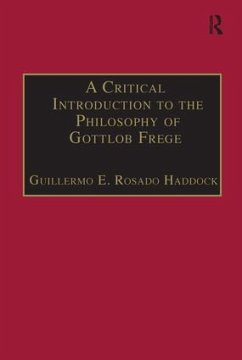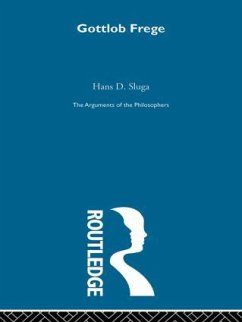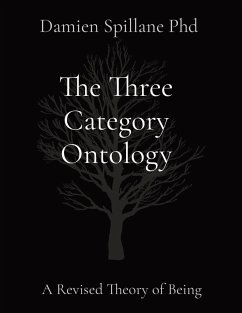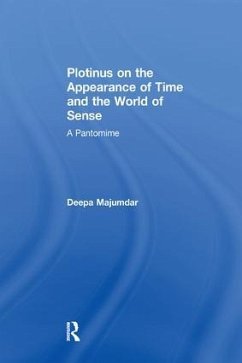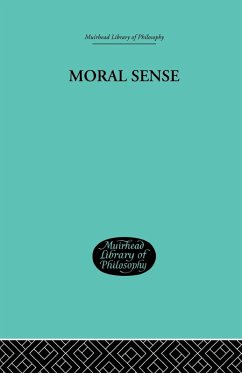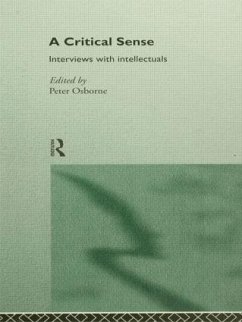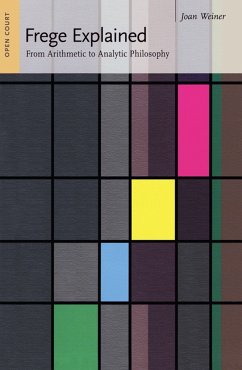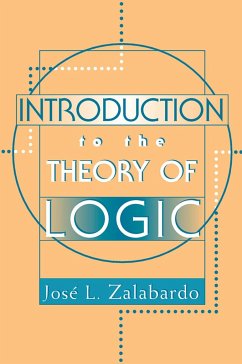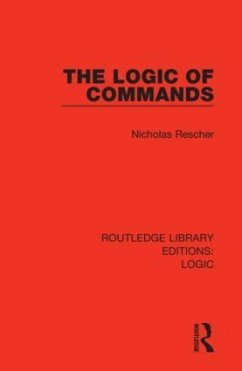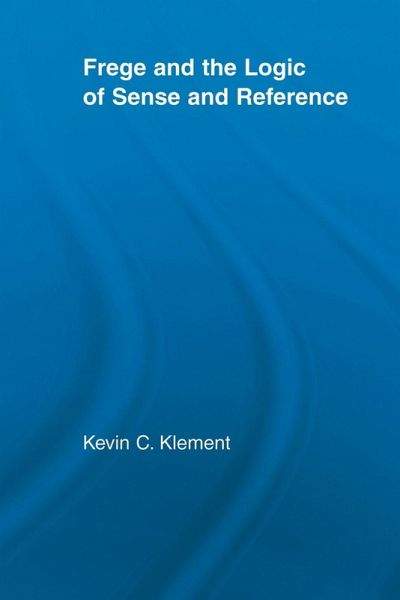
Frege and the Logic of Sense and Reference
Versandkostenfrei!
Versandfertig in 1-2 Wochen
71,99 €
inkl. MwSt.

PAYBACK Punkte
36 °P sammeln!
This book aims to develop certain aspects of Gottlob Frege's theory of meaning, especially those relevant to intentional logic. It offers a new interpretation of the nature of senses, and attempts to devise a logical calculus for the theory of sense and reference that captures as closely as possible the views of the historical Frege.





